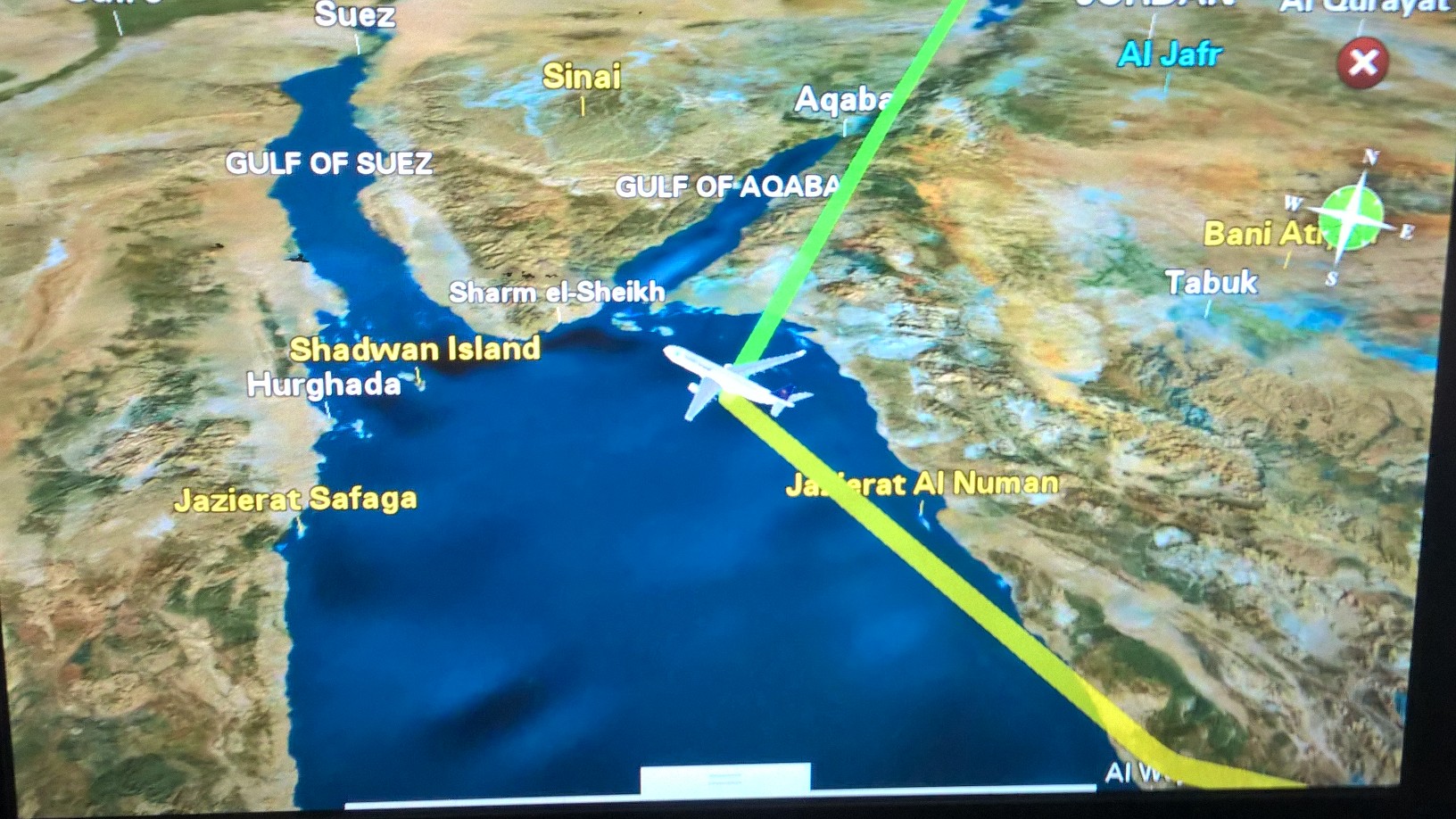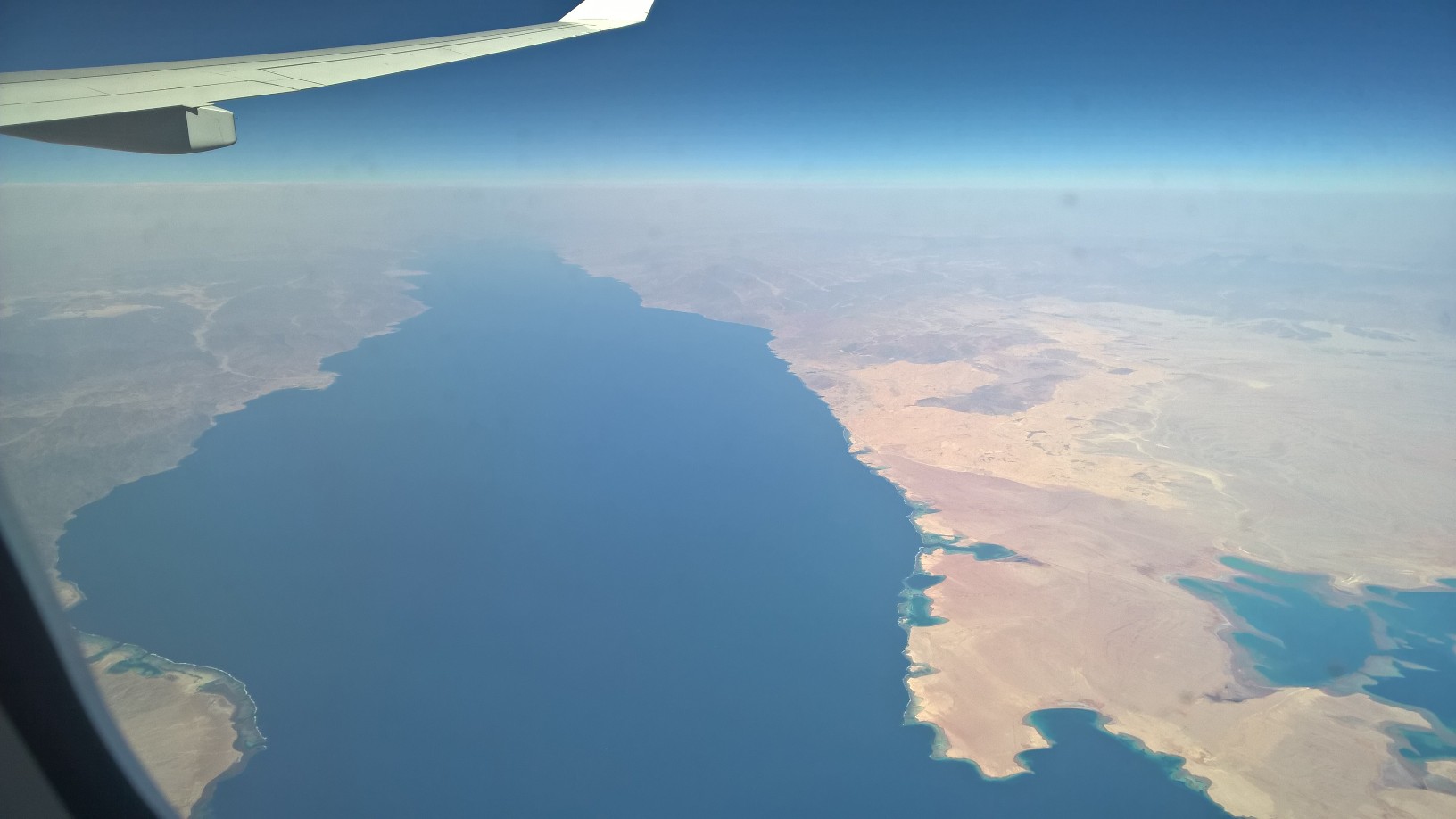The pace of change quickens
A few blogs ago I mentioned that there were big changes a-coming. These included women being permitted to drive (from June), the advent of cinemas and taxation. They are getting much closer now, and more changes have been announced too.
The first cinema opens next week, and tickets are on sale. At the moment these are restricted to Saudis only, so I presume they will have to show their IDs (and be recorded?) as they enter. Personally speaking, I have no wish to attend a Saudi cinema, not even for the novelty factor. Our experience at the “Blue Man Group” show last year (blog dated October 13th) suggests that the ambience would be less than enjoyable. And anyway, we – as do Saudis too – have access to “Netflix”, “YouTube” and other internet media where films are available. To watch these, we have to employ something called a VPN. Many folk in the UK will not know of these things, which are services offered to internet users to pretend that the user is in a different location to where he actually is. So, to watch a film on – say “Netflix”, we would have to open the internet, log on to the chosen VPN service which then asks where we would like to pretend to be (it offers random choices for a variety of countries, such as “Colchester, UK”, Red Deer, Alberta”, “Albuquerque, NM” etc). Once you have decided where you want to be you can then log onto your “Netflix” account which was set up for that country. With the average age of native Saudis being around 25, I suspect that they are a lot more internet-savvy than I am, and they will have mastered this VPN system a long time back. So, films won’t be new to them, but the social opportunities that these new cinemas present will be. Good luck to them!
The cinemas are promoted by the General Authority for Entertainment, and there are around 350 with over 2,500 screens planned in the next few years. Looking at the “Vision 2030” (the KSA masterplan), the spending on culture and entertainment per household is expected to double from 2.9% to 6%. The Saudis have reached out to Western companies to deliver and establish the cinemas, and brands such as “Vue” and “Virgin” are expected to appear. Western companies need to operate in conjunction with established Saudi companies to trade in KSA, and the Al Hokair company, which operates small amusement parks is fronting the first tranche of cinemas.
A much bigger development is being promoted in the north-west of the country. This is the tourist zone to be known as “Neom”. It is planned to occupy 26,000 square km of land between Tabuk and the Gulf of Aqaba and the Red Sea, with a shoreline of over 450km. It could extend into Egypt (Sharm El Sheik) and Jordan. A bridge is planned over the Gulf of Aqaba, and looking at the map this looks as if will need to be at least 14km long. It will need to allow shipping as there are Saudi, Jordanian, Israeli and Egyptian ports further up the Gulf. There are islands (of which the ownership is disputed between KSA and Egypt) where the Gulf meets the Red Sea, and presumably these will be included in the development zone.

Gulf of Aqaba meets the Red Sea (AF, March 2017)

Completely unspoiled (AF, March 2017)
Plans announced by the Saudi Crown Prince Mohammed Bin Salman Bin Abdulaziz al Saud (MBS) last year for Neom included a separate economic zone where a separate tax, employment and judicial system would apply. This, in theory should allow a more Western-like tourism zone and destination, and would greatly help the Saudi tourist sector. Investment to start this project has been announced as (US)$500 billion. Recession – what recession?
Simon Calder of the UK’s “Independent” has a recent article on Saudi tourism, click on this link to see it: https://www.independent.co.uk/travel/news-and-advice/saudi-arabia-holiday-hotspot-tourism-visa-change-red-sea-jeddah-riyadh-a8241191.html
And talking of Saudi tourism, from 1st April apparently it is now possible to get a Tourist Visa to visit KSA. However I have searched likely websites to see what the conditions are, and what the costs would be, and see no indication – at the time of writing – that this is actually available yet. I have heard rumours that the existing rule for women under the age of 40 coming into the country needing to have a male relative chaperone may be relaxed.
As previously mentioned, from June this year, women will be permitted to drive. Details are starting to emerge. Princess Noura University for Women (in Riyadh) has been advertising for female driving instructors. Apparently ladies who hold an international driving permit will be allowed to drive from “day 1”. Elaine intends to get a Saudi driving licence just because she can. Should be very interesting.
There's a Saudi blogspot for aspiring women drivers. Have a peek at http://saudiwomendriving.blogspot.com/ Some fascinating stuff there.
I also found this article in the Saudi Gazette, an on-line English language newspaper:
A
workshop on ‘safe driving' was organized by Dar Al-Hekma University and hosted
by Alaa Kayal, to spread awareness about safe driving initiatives, building
women’s road confidence, automotive knowledge, and traffic skills to achieve
safety while driving among female students.
The lecture was presided by Alaa Kayal, auto expert, and presenter of “Car Mix”
program on Mix FM. This initiative comes in recognition of the importance of
raising awareness of full compliance with traffic regulations and rules to
achieve road safety for female road users after allowing Saudi women to drive
starting June. Several automotive companies joined together in the drive to
give information about road & traffic to future women drivers.
The workshop allowed female students to ask any questions that they might have had about Saudi traffic rules and regulations. To a surprising degree, many of the women wanted to learn more about different types of cars models available on the market, the importance of car insurance, legal traffic issues and the benefits of driving manual Vs. automatic.
Kayal spoke about the importance of safe driving on roads to ensure the safety of people from traffic accidents that usually cause disability or death, stressing the importance of female students to ensure safety requirements such as tires and effectiveness of brakes, the danger of using mobile while driving and how to maintain the car.
As he lectured the participating students about the proper driving manner, Kayal said: “It is an opportunity for all of us to think about how we behave on the roads and how we can improve our safety. Sadly, we have seen an increase in deaths on our roads here in Saudi Arabia. But if we have learned anything from the past, it’s that all of us can make real changes to improve safety.”
He answered students' questions on the topics related to road safety measures, raise awareness of driving, and their questions about some irregularities that occur almost daily in roads and monitored by traffic men, indicating that following the traffic regulations and instructions while driving the vehicle reflects the culture of society and respect for the system.
Dr. Suhair Hasan AlQurashi, president of Dar Al-Hekma University, commented: “We are one of the first to publish a driving guide and support younger women on their journey because it is important that we emphasize on safety and training.
“Today’s lecture comes within many initiatives to raise awareness about road and traffic issues. I think women should get background knowledge on how they can acquire a driving license, insurance plans, road and traffic safety and how to deal in case of emergency. This also comes as part of the awareness steps towards empowering women and giving them the skills they need and the confidence to embark on their journey.”
Nothing patronising there, then. In my humble opinion there are several millions of men who could do with learning some of these basics, and that would make the roads so much more safe and welcoming for our sisters.
Prince MBS has also stated in the last couple of weeks that there is no actual requirement under religious or national law that states women must wear abayas. He has qualified this with the opinion that women should still dress “modestly”. Already I have seen a few women – all foreigners – in shopping malls wearing long trousers or skirts and long sleeves and without a headscarf. These are a tiny minority just now, but hopefully it will grow. I suspect that in smaller towns and villages it will be a long time before this change is the norm. We have lady friends who teach at a college in a desert town north of Riyadh and they are very strictly controlled in what they wear and where they go, and with whom. Much tighter than in Riyadh. On the other hand, Jeddah seems to be a bit more liberal, and that city houses the Kingdom’s only mixed-gender university.
And there has been a notable visitor to KSA this week: (Roman Catholic) Cardinal Jean-Louis Pierre Tauran and his accompanying delegation arrived in Riyadh on Friday 13th April.
The cardinal, who is the President of the Pontifical Council for Interreligious Dialogue in the Vatican State, was received by Riyadh’s Deputy Governor and the Secretary General of the Muslim World League. This hopefully will be a positive development. At the moment KSA is a mono-religious country. In official documentation and ID cards, we are classified either as “Muslim” or “Non-Muslim”. I will be surprised if that changes before 2030, but we’ll see.
